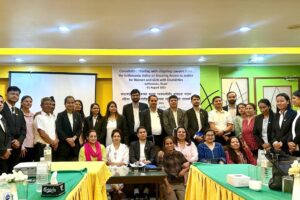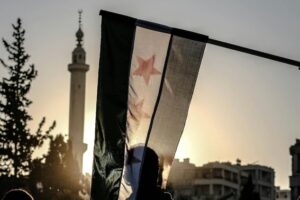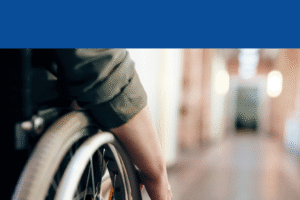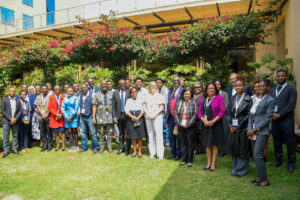
May 13, 2013 | News
On 13 May, the Hong Kong Court of Final Appeal granted W, a transgender woman, the right to marry her male partner. The ICJ, which made submissions in the case, applauds this decision.
W is a resident of Hong Kong who has undergone gender reassignment surgery, paid for by the Hong Kong Government, and who holds a national identity card and passport recording her sex as female.
In 2008 she applied to the Registrar of Marriages seeking confirmation that she could marry her male partner.
The Registrar denied her request on the grounds that “the biological sexual construction of an individual is fixed at birth and cannot be changed.”
Because “only an individual’s sex at birth counts,” the Registrar would not celebrate the marriage.
The trial court and court of appeal upheld the Registrar’s interpretation of the Marriage Ordinance and Matrimonial Causes Ordinance and ruled that it did not conflict with Hong Kong’s Basic Law or its obligations under the International Covenant on Civil and Political Rights.
These courts relied on the 1970 British case of Corbett v. Corbett, which held that sex was fixed immutably at birth.
W won her case at the Court of Final Appeal, which ruled in a 5-4 decision that the Marriage Ordinance and Matrimonial Causes Ordinance ignored the “psychological and social elements of a person’s sexual identity” and thus were inconsistent with the constitutional right to marry.
Furthermore, the ordinances were unconstitutional because they denied W the right to marry at all and thus impaired the very essence of the right.
While the Court granted the parties leave to make further submissions as to the exact nature of the declaratory relief, it held that “a transsexual in W’s situation” should in principle be granted a declaration that she is in law a woman within the meaning of the marriage ordinances and “therefore eligible to marry a man.”
Importantly, the Court also stated: “We would not seek to lay down a rule that only those who have had full gender reassignment surgery involving both excising and reconstructive genital surgery, qualify. We leave open the question whether transsexual persons who have undergone less extensive treatment might also qualify.”
“This is a historic decision,” said Alli Jernow, Senior Legal Advisor at the International Commission of Jurists. “Not only has W won her own case at the Court of Final Appeal, her courage and commitment have changed the lives of transgender people in Hong Kong.”
The parties have an additional 21 days to file written submissions. The Court’s proposed order gives the Hong Kong legislature time to respond but indicates that even in the absence of intervening legislation, the marriage ordinances would be given a remedial interpretation to include W.
Photo by K.Y. Cheng: Michael Vidler, solicitor of the appellant, holds the judgment in his hand outside Court of Final Appeal.
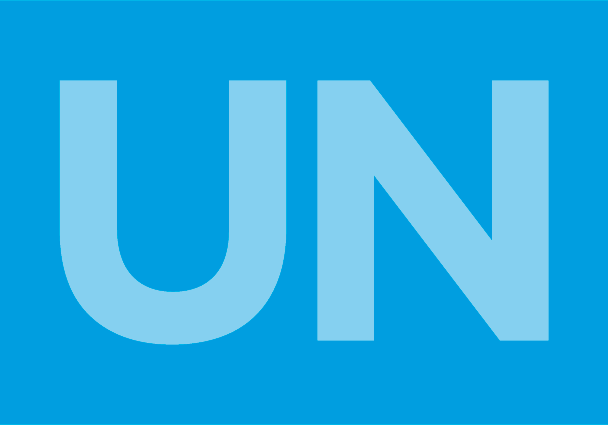
Mar 13, 2013
The ICJ today called on the Human Rights Council and its subsidiary bodies to reject efforts to introduce the language of traditional values into the framework of human rights.
Noting the conclusion of the Council’s Advisory Committee that traditional values can be negative and have been used to justify the subordination of women and other vulnerable or minority groups, the ICJ recalled that emphasis should always be on the implementation of human rights law regardless of tradition and culture.
The ICJ’s statement was delivered today during the General Debate under Item 5 of the Council’s agenda (human rights bodies and mechanisms) as part of the 22nd regular session of the Human Rights Council (25 February to 22 March 2013).
HRC22-Item5GD-TVReport-LegalSubmission-2013 (download statement in PDF)
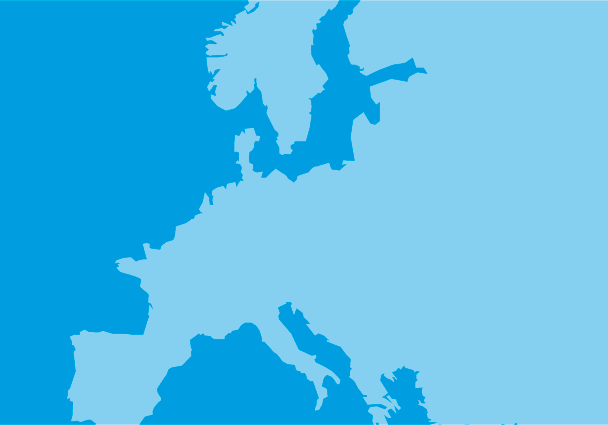
Mar 11, 2013
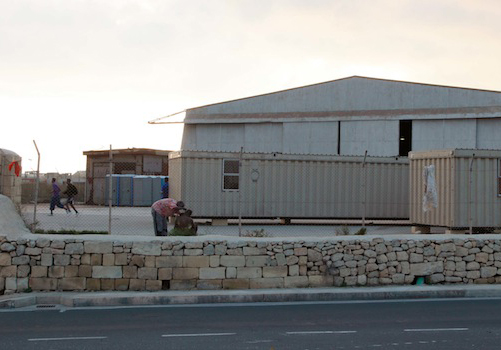 The ICJ has brought to the attention of the UPR mechanism issues concerning migration and asylum, criminalization of abortion and recognition of gender identity and marriage in Malta.
The ICJ has brought to the attention of the UPR mechanism issues concerning migration and asylum, criminalization of abortion and recognition of gender identity and marriage in Malta.
The ICJ’s submission comes ahead of the consideration of the human rights situation in Malta by the Human Rights Council’s Working Group on the Universal Periodic Review (21 October to 1 November 2013). It includes suggested recommendations to be taken up in the UPR of Malta.
Malta-UPR17-StakeholderSubmission-LegalSubmission-2013 (download full submission in PDF)
Malta-UPR17-AdvocacyNote-LegalSubmission-2013 (download short advocacy note in PDF)
Malta-UPR17-ComparisonChart (download comparison of ICJ suggested recommendations against UPR first cycle recommendations)
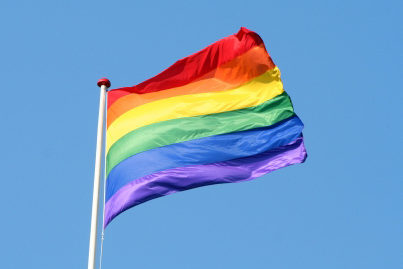
Feb 19, 2013 | News
The European Court of Human Rights today ruled that an Austrian ban on same-sex second-parent adoption is discriminatory.
The European Court of Human Rights delivered its judgment in the case of X and Others v. Austria and ruled that Austria’s Civil Code discriminates against a partner in a same-sex relationship by making it legally impossible to adopt the biological child of the other partner while permitting second parent adoptions for unmarried heterosexual couples.
The organisations that provided written submissions in this case (FIDH, ICJ, ILGA-Europe, BAAF, NELFA, and ECSOL) welcome this judgment and consider it a landmark judgment applying the European Court of Human Rights’ case law on equal treatment of unmarried couples to same-sex couples applying for second-parent adoption.
Children in same-sex families are highly vulnerable due to a lack of legal recognition and their inability to establish legal links to both of their parents.
Currently, second-parent adoption is possible in 11 European countries: Belgium, Denmark, Finland, Germany, Iceland, the Netherlands, Norway, Slovenia, Spain, Sweden and Great Britain. New legislation that would allow it is planned in France, Luxembourg and Switzerland. Moreover, as a result of the Court’s judgment, it would follow that the legislation of Austria, Andorra, parts of Bosnia and Herzegovina, Liechtenstein, Portugal and Romania should be amended to allow same-sex couples to apply for second-parent adoption, because these countries already permit unmarried heterosexual couples to do so.
Martin K.I. Christensen, Co-Chair of ILGA-Europe’s Executive Board:
“This is a very significant and important victory for rainbow families in Europe. We hope that this judgment will pave the way towards the removal of the remaining legal barriers for these families in Europe. The lack of recognition and the inability for partners in same-sex families to establish legal links to their children is not only discriminatory and creates a number of legal uncertainties, but also has a profound and detrimental impact on the everyday lives of these families and the wellbeing of the children in those families. The principle of the best interests of the child needs to be upheld without exception.”
Alli Jernow, Senior Legal Adviser, International Commission of Jurists, stated:
“With today’s decision, the Court clearly asserts that families are families, regardless of the sex of the parents, and that barriers to legal recognition and protection based on sexual orientation serve the interests of neither parents nor children.”
Souhayr Belhassen, President of FIDH, said:
“The Court recognised the right of a partner in same-sex couple to adopt another partner’s biological child when such adoptions are available for heterosexual couples. This is an important step forward towards the application of the principle of non-discrimination based on the sexual orientation and strengthening legal security and certainty for children. This ruling should guide not only domestic courts, but also the legislator in European states that have not yet amended their legislation in that direction”.
Juha Jämsä, the Vice-President of NELFA, said:
“This is an important day for European LGBT families. We feel very hopeful that this case will lead to our children’s rights gaining better recognition throughout Europe. No group of children should be discriminated against because of their parents’ sexual orientation, gender identity or gender expression”
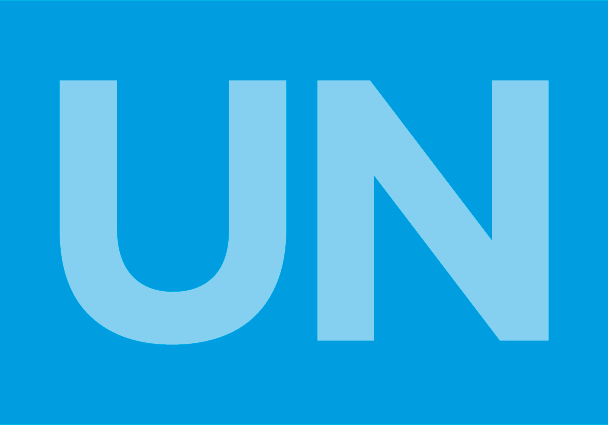
Feb 6, 2013
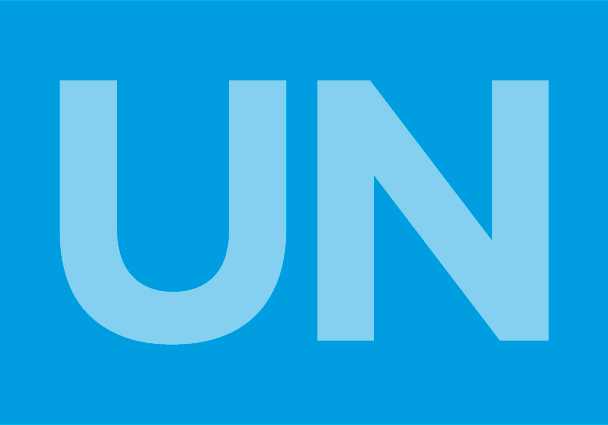 The ICJ is concerned by laws and legislative proposals in a variety of countries that severely threaten the work of lesbian, gay, bisexual and transgender (LGBT) persons and human rights defenders.
The ICJ is concerned by laws and legislative proposals in a variety of countries that severely threaten the work of lesbian, gay, bisexual and transgender (LGBT) persons and human rights defenders.
Ahead of the 22nd session of the Human Rights Council (25 February to 22 March 2013), the ICJ today submitted a written statement to the UN encouraging the Human Rights Council’s Special Rapporteur on the situation of human rights defenders to follow up on these laws and legislative proposals.
Pointing to unlawful restrictions on the freedoms of association and assembly, and the freedom of expression, in several countries, the ICJ encouraged the Special Rapporteur to:
- Call on governments to protect these rights for everyone and to ensure that any restrictions comply with the requirements of legality, of necessity and proportionality and of non-discrimination on all grounds; and
- In the case of laws or legislative proposals that fail to comply with these requirements, take appropriate action.
HRC22-Item3-HRDs-WrittenStatement-legal submission-2013 (download statement)








